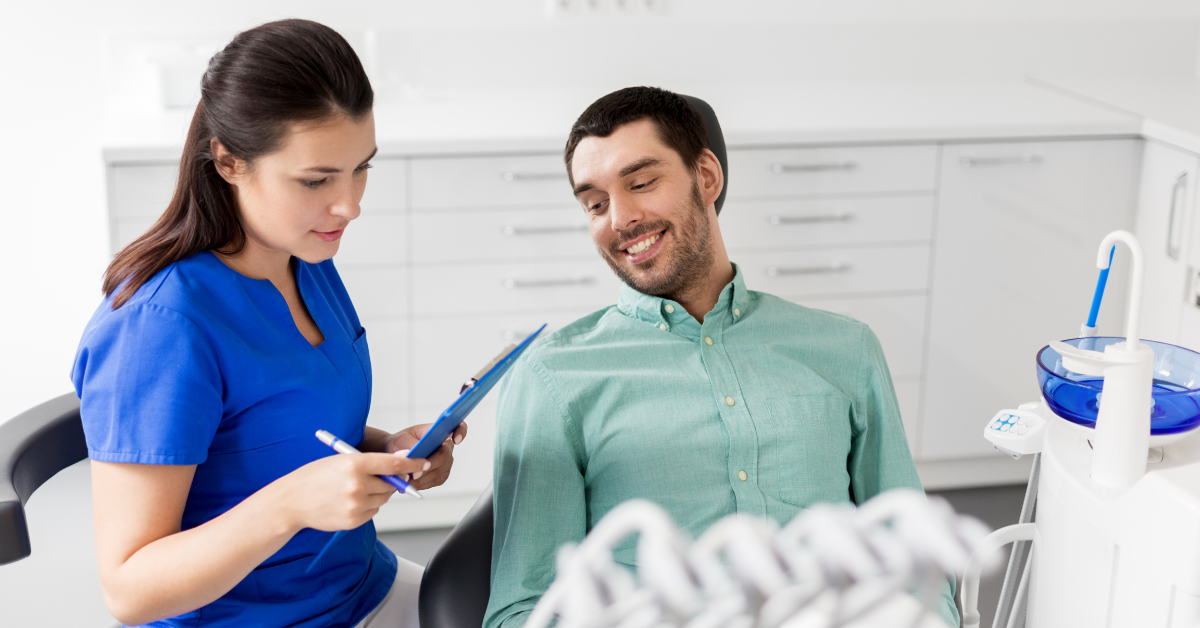Can I Use Superannuation for Dental Work?

In the world of personal finance and healthcare, there often arises a need for unexpected expenses, particularly in dental care. Dental work can be crucial for maintaining overall health and well-being, yet it can also be costly, leaving many individuals wondering about their options for covering these expenses. One question that frequently arises is whether superannuation funds can be utilised to pay for treatments.
For many people, dental health is an essential aspect of overall well-being. Yet, the costs associated with procedures can sometimes be daunting. From routine check-ups to more extensive treatments like implants or orthodontic work, expenses can quickly accumulate. This is where leveraging your superannuation can step in as a viable solution, ensuring your health is not compromised due to financial constraints.
What Is Superannuation?
Superannuation, commonly referred to as super, is a system set up by the Australian government to help individuals save for retirement. It involves regular contributions made by employers, employees, and sometimes the government, to provide financial support during retirement.
Superannuation funds are typically invested in various assets, such as stocks, bonds, and property, to generate returns over the long term. These funds are subject to strict regulations and are designed to be accessed only under certain circumstances, such as reaching retirement age or meeting specific conditions of release.
Conditions of Release
In Australia, accessing superannuation funds before reaching the preservation age (which varies depending on your date of birth) generally requires meeting specific conditions of release outlined by the Australian Taxation Office (ATO). These conditions include:
1. Retirement: Individuals who have reached their preservation age and have permanently retired from the workforce may be eligible to access their superannuation.
2. Reaching Preservation Age and Ceasing Employment: If you have reached your preservation age but have not fully retired, you may still be able to access your super if you have ceased employment.
3. Severe Financial Hardship: In cases of severe financial hardship, individuals may be able to access a portion of their superannuation, subject to certain criteria.
4. Compassionate Grounds: Superannuation funds may be accessible for specific medical treatments or procedures deemed necessary on compassionate grounds.
Using Superannuation for Dental Work
The process typically involves accessing your superannuation through the early release of superannuation benefits due to severe financial hardship or medical treatment. Treatment falls under the latter category, making it possible for individuals to tap into their super to address pressing needs.
One of the significant advantages of using superannuation for dental work is the flexibility it offers. Whether you require a simple filling, root canal therapy, or more extensive procedures such as crowns or bridges, your superannuation can help cover the costs. This flexibility ensures that individuals can address their issues promptly, without having to delay treatment due to financial limitations.
It’s essential to note that accessing superannuation for dental work requires meeting specific eligibility criteria and following the proper procedures outlined by the Australian Taxation Office (ATO). Consulting with a financial advisor or practitioner familiar with the process can provide invaluable guidance and ensure a smooth and compliant application.
Prioritising oral health and seeking timely treatment when needed is crucial for overall well-being. By understanding your options and planning accordingly, you can make informed decisions about managing expenses and maintaining optimal oral health for the long term. With proper guidance and adherence to regulations, accessing superannuation for care can pave the way for a brighter, healthier smile and a more secure financial future. Get in touch with us today to find out more.
